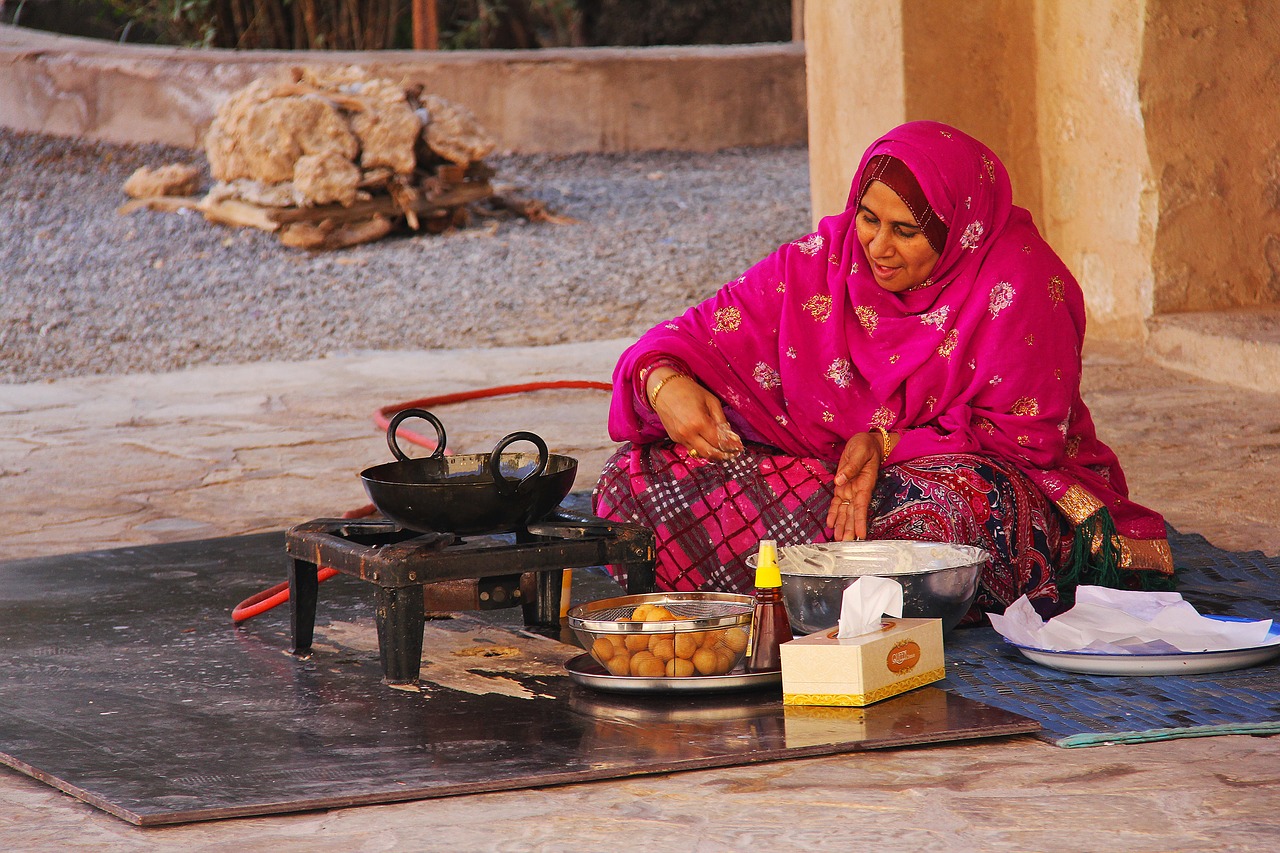Saudi Arabia is nowhere near a breeding ground for feminism. Women aren’t allowed to get married, work, buy property or receive healthcare without a male relative’s consent and even have strict travel restrictions imposed against them by law. Whether by custom or by law, these rules have been a tradition among most Middle Eastern countries due to their strongly held cultural beliefs.
However, the government is implementing more progressive policy in an effort to promote harmony among its citizens. To start, word has leaked that an organized committee is working to allow international travel for women, hopefully by the end of the year.
Travel restrictions, like many others, have caused great controversy in the recent decade. The law states that Saudi women over 18 cannot travel outside the country without the permission of a male relative or spouse. Moves to change it were initially proposed when Saudi women started to flee the country for asylum, breaking the law and risking their lives in search of a better life free of the mistreatment they face in their own homes.
One woman, Dina Ali Lasloom, was forced to return home when she was caught in the Philippines on a layover to Australia. She was trying to evade a forced marriage in Saudi Arabia, and sources say it’s still not certain if she’s been returned to her family.
The main charge Saudi women face for leaving Saudi Arabia without permission is “disobedience,” which can mean serious jail time if they are caught. On different occasions, Mariam al-Otaibi and activist Samar Badawi fled from their physically abusive fathers and, as they began separate legal proceedings, they were imprisoned for disobeying them and leaving the country.
Women who have retaliated against the law have faced detention and prosecution, prompting the need for more awareness and even uprising. Human rights groups have protested the restrictions, claiming that they’re completely against a human being’s natural rights.
Saudi Arabia has never been keen on feminism. This, again, is due to a cultural tradition that spans thousands of years. The country is predominately Muslim, which dictates a more traditionally masculine society. Even today, it maintains older practices like wearing headscarves and subordinating women. Saudi Arabia, however, has had the most resistance to modernity out of all Middle Eastern countries.
It wasn’t until the 1950s that the first schools for girls opened, thus sparking a movement for equality. After devolution of rights during the conflict of the 1990s, women’s rights took some baby steps in the 2000s. They now have access to bikes, ID cards, voting and spots in public office. Last year, a mass protest resulted in women earning the right to drive vehicles and sit in stadiums. Saudi Arabia also experienced many female firsts — first ministers, first councilors, first Olympians and first businesspeople.
Although women’s rights have improved, there are still many freedoms that Saudi Arabia hasn’t granted. By law, women still need male permission to get married or divorce. By custom, most cannot hold jobs unless they are gender-specific. They cannot rent apartments or receive healthcare on their own accord. Women are still less than equal to men and are required to remain submissive to the men of their families.
But travel restrictions are only part of the problem. In reality, Saudi Arabia shouldn’t have any gender discrimination. In 2000, the country ratified the Convention on the Elimination of All Forms of Discrimination Against Women from the United Nations.
They confirmed that gender equality is guaranteed in Islamic law, or at least in the writings of the Quran. Yes, it’s true, the religious text has no real backing for the discrimination of women. Experts state that “the key obstacle to women’s participation in society and economy” is the male guardianship system, as interpreted by Muslim clerics.
The system treats women as second-class citizens and arguably treats them as the property of men. And the fact that it has little backing from religion animates conflict among Saudi women. That’s why the government tasked a committee to discuss this new policy, something that seems to be the next step in Saudi Arabia’s progression. While it’s important and garners a positive response, the country has tried to keep its actions under wraps.
The information, however, was disclosed by a senior Saudi adviser who was actually not allowed to make a comment on the committee’s work. When questioned, a Saudi royal family member also gave a response to the plan.
“There is no question that the leadership, the government and the people want to see this system changed,” the official said. “The current discussion is about how to make this happen as soon as possible without causing a stir.”
A lift on travel restrictions would be cause for immense celebration over “a stir.” With every unjust incident, the Saudi feminists increase their ranks and magnify their call for the guardian system’s termination.
In 2016, they gave the Saudi Royal Court a petition with 14,000 signatures on it to demand the abolition of the guardianship system. While it’s been met with more injustice, the government also seems to hear their cries and is taking small steps towards gender equality.
The possible travel restriction lift has garnered a mix of optimism and critique, but mostly caution. While it’s wonderful news for Saudi feminism, there’s uncertainty over the truth of it. Sarah Leah Whitson of Human Rights Watch commented, “We certainly hope it’s true. It’s odd that this news has not come from an official announcement, but it could be a sign that internally there is an effort to leak information like this…”
If it wasn’t true, the shock would create an increase in women seeking asylum and continuing protest.
After researching the movement as a whole, it is important to understand the broader issue at hand. Backed by the Human Rights Watch, the United Nations and countless other groups, all people should be given the same opportunities to succeed. Plus, the male guardianship system has been falsely endorsed by religious texts. To put it to rest, the Quran does not approve female subordination; it’s been interpreted as evidence but that sentiment is not clearly written.
And yet these restrictions are still largely ingrained in Saudi society. Male guardianship has been a tradition for most of human history, and some societies like Saudi Arabia still implement it. They keep doing it because the system isn’t falling apart from it (yet). Whether it’s gender inequality, racial discrimination or minority prejudice, if the world isn’t crashing because of it, humanity won’t work to solve it.
However, the condition in Saudi Arabia is improving. The fact that someone leaked the possible win for equality will certainly create dialogue and action no matter what the outcome is. And at that point, Saudi Arabia will be forced to confront the issue head-on and women will find themselves free of travel restrictions and a little bit closer to the equality they deserve.
















